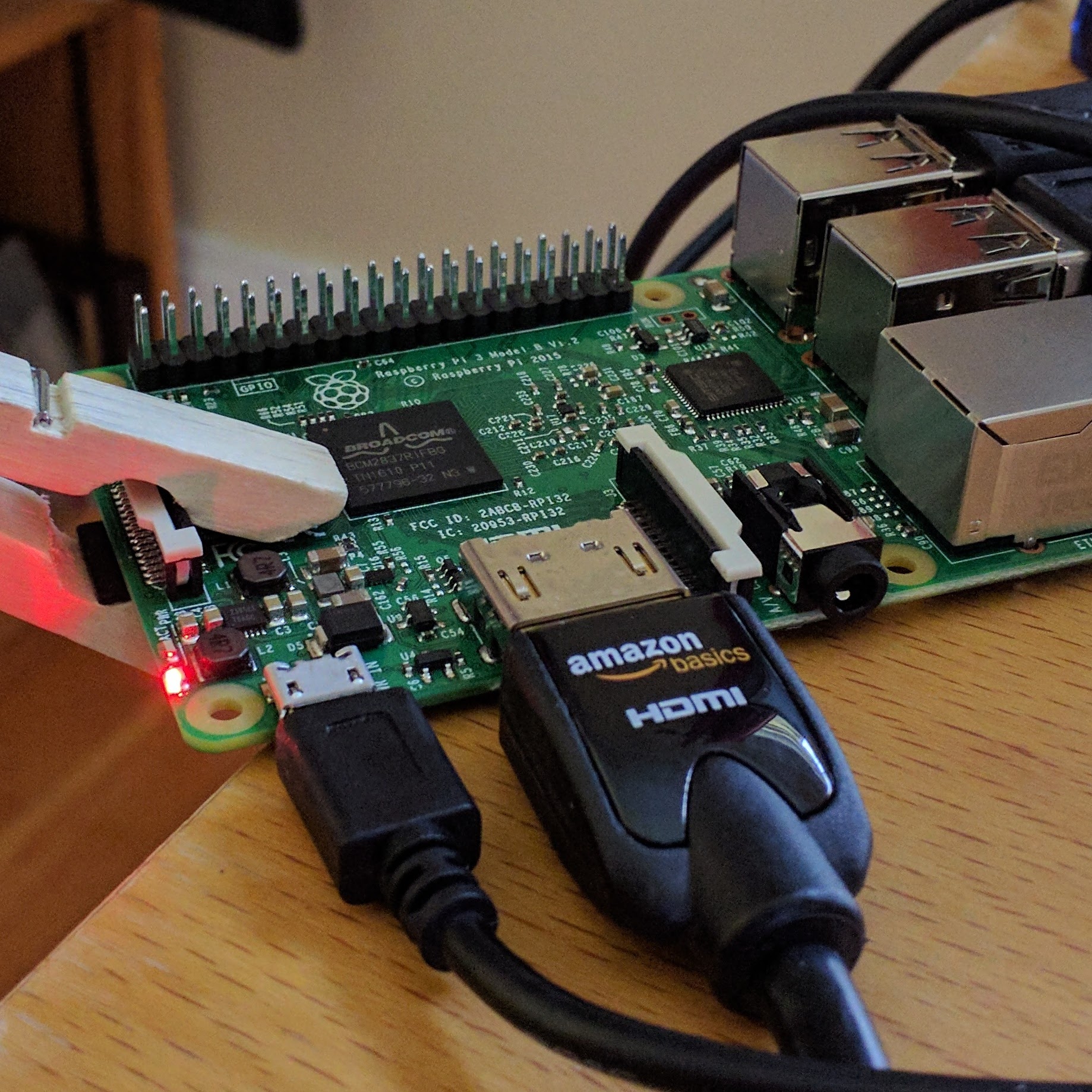Category: Computer Science
-
If you could be part of any world record, what would it be?
This Icebreaker is from Rob Walker, TAoN. I think I will use this in class, especially with the 2nd big summer heat wave upon us. The back story: Mallory says she was talking to friends about the recent record-breaking temperatures in Canada — presumably a record most of us would prefer not to be part…
-
Developer Survey Results 2018
https://insights.stackoverflow.com/survey/2018/ This year, over 100,000 developers told us how they learn, build their careers, which tools they’re using, and what they want in a job. Each year, we ask the developer community about everything from their favorite technologies to their job preferences. This year marks the eighth year we’ve published our Annual Developer Survey results—with…
-
Are You Ready to Change The Game?
https://play.google.com/about/changethegame/#challenge Change The Game’s mission is to make mobile gaming truly for everyone by celebrating and empowering women as creators and players. We’re calling on the next generation of game-makers to share their mobile game design ideas and what they want to see for the future of gaming. We’ve joined forces with Girls Make Games…
-
Improving Diversity in Computer Science
https://www.bloomberg.com/news/videos/2017-10-10/improving-diversity-in-computer-science-video
-
From the NYTIMES: The Sublime and Scary Future of Cameras With A.I. Brains
From the NYTimes https://www.nytimes.com/2018/02/27/technology/future-cameras-ai-brains.html Something strange, scary and sublime is happening to cameras, and it’s going to complicate everything you knew about pictures. Cameras are getting brains. Until the past few years, just about all cameras — whether smartphones or point-and-shoots or CCTV surveillance — were like eyes disconnected from any intelligence. They captured anything…
